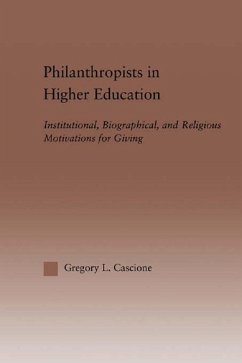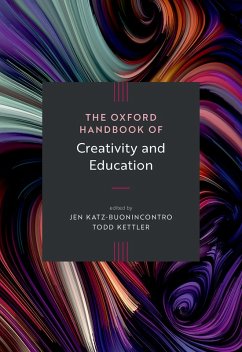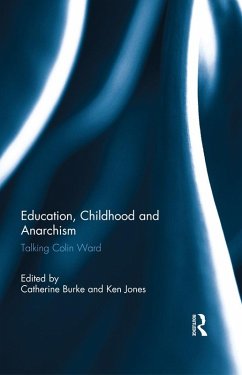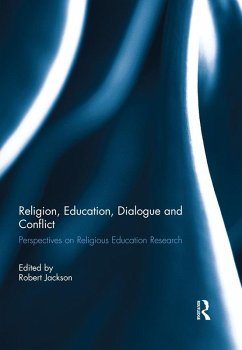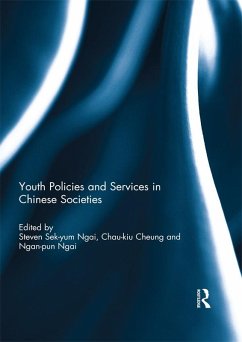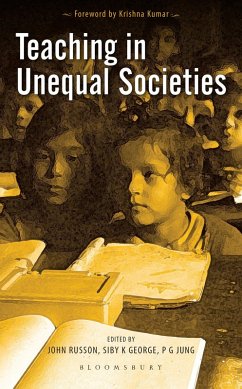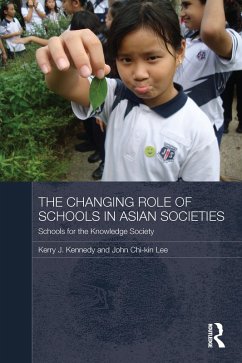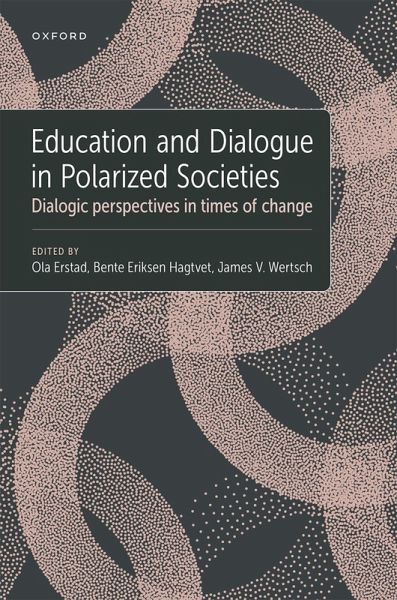
Education and Dialogue in Polarized Societies (eBook, PDF)
Dialogic perspectives in times of change
Versandkostenfrei!
Sofort per Download lieferbar
41,95 €
inkl. MwSt.
Weitere Ausgaben:

PAYBACK Punkte
21 °P sammeln!
A number of scholars within the social sciences and the humanities have elaborated on the cultural and psychological dimensions of living through social, economic and political crises. Still, developments during the last decade have created an awareness that something fundamental of the human condition is at stake, especially for the young generation growing up today, with a devastating environmental crisis, globalization, large scale migration, the impact of digitalization and so forth. The consequence has been increased polarization between nations, communities, and people, where the dialogu...
A number of scholars within the social sciences and the humanities have elaborated on the cultural and psychological dimensions of living through social, economic and political crises. Still, developments during the last decade have created an awareness that something fundamental of the human condition is at stake, especially for the young generation growing up today, with a devastating environmental crisis, globalization, large scale migration, the impact of digitalization and so forth. The consequence has been increased polarization between nations, communities, and people, where the dialogue for human understanding seems to vanish. The basic rationale underlying this book is that education is a key social system where learning to take different perspectives, to stimulate dialogue and intersubjectivity are fundamental for social and cultural development. We bring together scholars from North-America and Europe, but with relevance on a global scale. The four sections in the book cover theoretical explorations referring to the power and generativity of the writings of the Norwegian scholar Ragnar Rommetveit (section 1), diverse chapters and examples on the societal conditions for dialogue and the role of education (section 2), empirical illustration on the role of digital technologies (section 3), and micro-analytical studies of learning dialogues at home, in kindergarten and school (section 4).
Dieser Download kann aus rechtlichen Gründen nur mit Rechnungsadresse in A, B, BG, CY, CZ, D, DK, EW, E, FIN, F, GR, HR, H, IRL, I, LT, L, LR, M, NL, PL, P, R, S, SLO, SK ausgeliefert werden.





